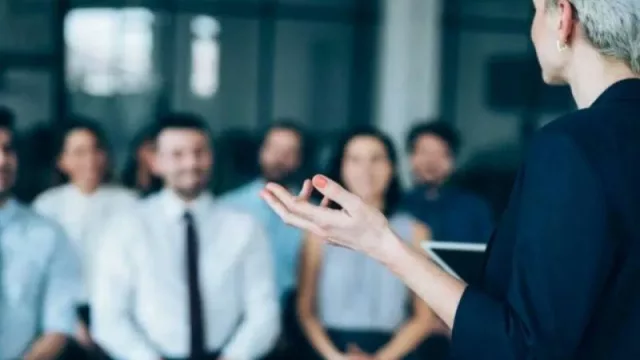From Chaos to Adaptability
The current environment is not only volatile and uncertain, but it's also changing rapidly and exponentially. This demands a more agile and collaborative leadership style, away from rigid hierarchies and based on permanent adaptability. Decisions can no longer be made in isolation; success lies in the ability of teams to innovate together and learn from mistakes without fear of failure.
The Pillars of Human Leadership
To be truly effective, today's leadership must be based on five essential pillars:
-
Shared Purpose and Values
Beyond the financial objectives of the organization, human leadership focuses on building a shared approach, so that people are aligned to work on projects with positive impact and purpose. Employees value working in organizations with authentic values, lived daily, which increases their commitment and motivation.
-
Psychological Safety
The most innovative companies are those where people can express their ideas without fear of reprisal. An environment that fosters authenticity and diversity of thought is key to boosting creativity and innovation.
-
Adaptability and Continuous Learning
Leadership based on absolute knowledge has become obsolete. Today, leading involves learning constantly, unlearning when necessary, and reinventing oneself to face new challenges.
-
Trust and Transparency
Trust is the most valuable asset in an organization. A genuine and coherent leader with their values strengthens the security of their team and fosters clear and honest communication.
-
Integral Well-being
Organizational success cannot be measured only by productivity. Leadership centered on well-being promotes a physical, mental, and emotional balance of all collaborators, making teams more resilient and efficient.
Follow us on: IG: @infonegociosmiami (Síguenos).
From Hierarchy to Collaboration
The leadership model has evolved from authoritarian structures to flexible and collaborative approaches. Today, leaders are needed who can act as facilitators, empowering their teams and promoting collective intelligence instead of individual competition.
Companies that foster cooperation and leverage the diversity of experiences and capabilities of their collaborators become more agile, creative, and prepared to face challenges successfully.
We recommend checking out these two articles on the enormous and positive impact of the Head of Culture today:
Conclusion: Humanization as a Differentiator
Despite technological advancements, the human factor remains the greatest differentiator of organizations. A more human leadership approach not only improves the work climate but also drives innovation, productivity, and long-term sustainability.
The leadership of the future is not based on technical perfection but on the ability to inspire, connect, and transform. Organizations that adopt this approach will not only adapt better to change but also make a real difference in the business world.
About Alejandro:
Alejandro Melamed is a Doctor in Economic Sciences, international speaker, and disruptive consultant.
He is the author of nine books, including Leadership + Human - Stories of (my) life to inspire us (2025), The Future of Work Has Already Arrived (2022), Times for the Brave (2020), Design Your Change (2019), and The Future of Work and the Work of the Future (2017).
Subscribe to Infonegocios Miami:
https://infonegocios.miami/suscribite-al-newsletter
Contact Infonegocios MIAMI:












Tu opinión enriquece este artículo: